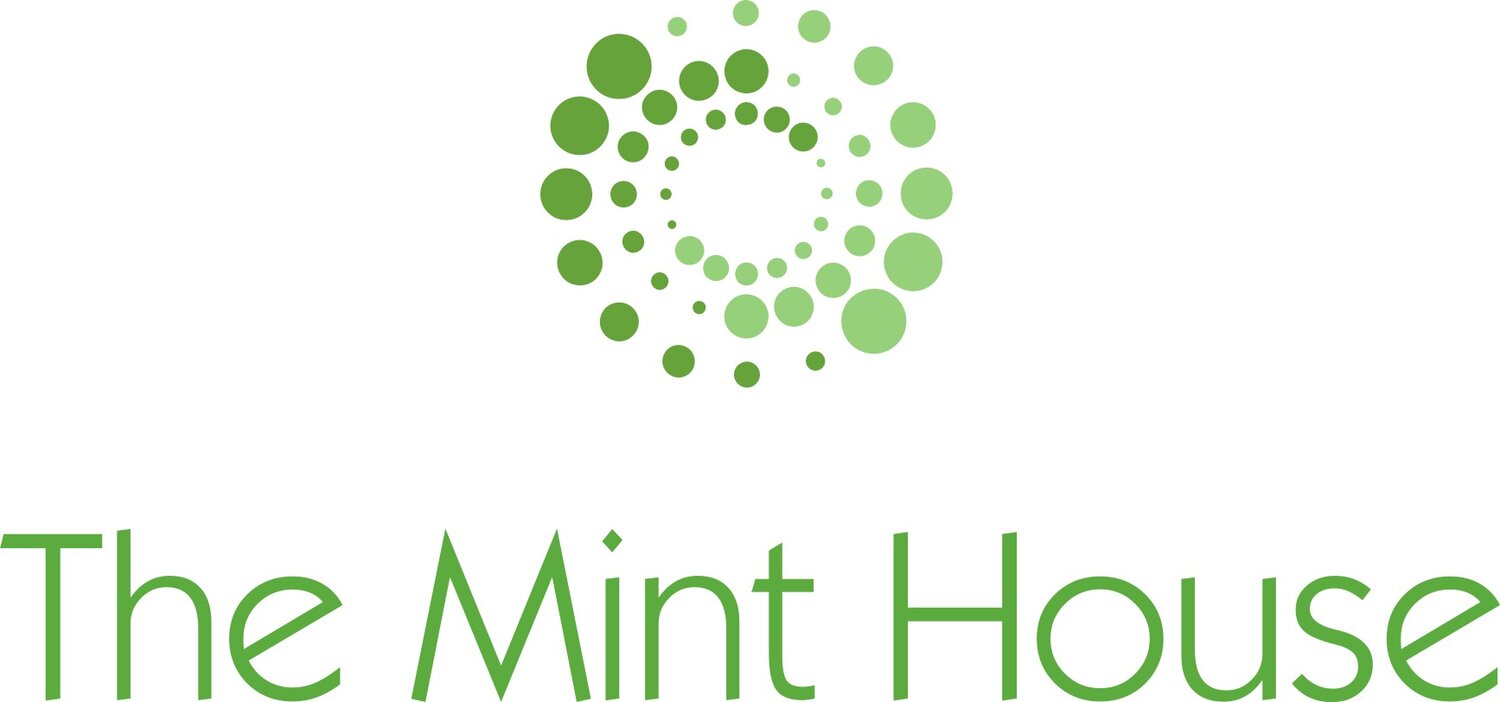by Rosie Chadwick
Almost daily it seems we have painful reminders in the news about the range of online harms, the damage these cause, and the limitations of current responses centred on content moderation and traditional forms of justice.
These messages also come through strongly in a report published by the Victims Commissioner in June this year, based on a ‘call for information’ from people who had experienced online harms. The report lists 20 different types of online harms - along with a catch all ‘other’ category. It points to a similarly long list of negative effects, on mental health, sleep, work, relationships and more. A significant minority (25%) of people sharing their experiences had chosen not to report them to the police and/or internet companies because they thought this would be futile. Where people had reported, satisfaction with the response tended to be low.
Amy Hasinoff is a US academic who (with others) has been leading thinking on whether restorative justice can help us address online harm more effectively. Amy spoke on this topic at the European Digital Rights Conference Privacy Camp in 2021 (summary available here). Her most recent work (available here) looks at whether restorative - and transformative - justice responses can be scaled, reflecting the nature of online harm.
We’re delighted that Amy will be joining us from 7-8 pm (GMT) on 10 November 2022 to share her thinking with us. You can find out more here: https://www.minthouseoxford.co.uk/events/2022/9/27/restorative-justice-and-online-harm.
You can watch a recording of the event on our event recordings page and YouTube Channel:


